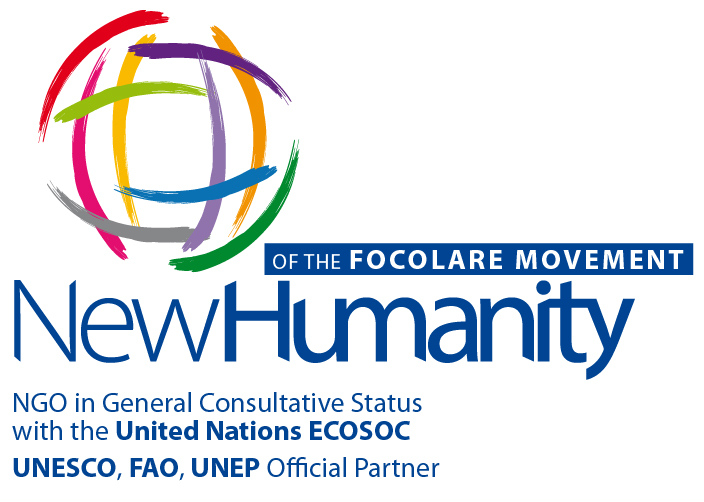European citizens return to the polls to elect their Parliament. Will we manage to reverse the trend that sees, election after election, lower participation levels? The economic situation and some institutional innovations may influence the vote.
For the eighth time since the birth of the European Communities in the 50s, we will have the opportunity to elect our representatives to the European Parliament. This possibility is actually less and less used: in 1979, when the first of such elections were held, 62% of Europeans voted; in 2009, in a context of economic crisis and widespread fear about the very survival of the single currency, only 43% of registered voters went to the poll, with a record low of just 20% for Slovakia and Lithuania.
Five years later, the majority of countries have returned to growth or glimpse the light at the end of the tunnel. However, measures of fiscal consolidation implemented in several countries, in particular in the four countries (Greece, Portugal, Ireland, and Cyprus) having receiving international bailout loans accompanied by tough austerity measures, have contributed to creating an image of Brussels as a heartless technocratic apparatus that imposes austerity without considering the social impact on the populations that are affected. All this in a context of steadily rising unemployment in many countries, especially among young people.
Analysts expect a significant increase in anti-European or protest votes in favour of populist and Eurosceptic parties such as the UK Independence Party, the French Front National or the Five Star Movement in Italy. In fact, this is part of the democratic game and the European Parliament also exists to house any vision of Europe, which arises from the popular vote.
What is different this year is that the election results will produce, whatever happens, a double result. Our vote, in fact, not only will determine the composition of the future Parliament, through the direct election of the 751 MEPs. Under a new provision of the Treaty of Lisbon, the Heads of State and Government will have to take into account the outcome of the elections of the European Parliament in proposing the same Parliament the name of the next president of the European Commission, the successor to the Portuguese José Barroso. Will they? We hope so, and the European political families seem to believe this too, as they have each decided to put an outstanding personality as leader for the polls, who will be the natural candidate for the presidency of the Commission in the event of victory.
The first ones have been the Liberals, who have chosen the former Belgian Prime Minister Guy Verhofstadt. His program consists of more Europe and an economic, fiscal and banking union as soon as possible. His federal conviction caused some concern among a number of national liberal parties, such as the Dutch, more lukewarm about pushing ahead with the European integration process. That’s why the party has finally decided on 1 February to go for an election ticket composed of Mr Verhofstadt and the current commissioner for economic and monetary affairs, the Finn “orthodox” (in terms of economic discipline and vision on EU integration) Olli Rehn.
The Greens, who a have a log-lasting tradition of two co-presidents (typically, a lady and a man) at the head of their group at the European Parliament, have chosen and the German Ska (Franziska) Keller and the French MEP José Bové. The European Left opted for his vice president and leader of SYRIZA, the Greek Alexis Tsipras. While the Socialists bet on the current President of the European Parliament, the German Martin Schulz, the European People’s Party has chosen the veteran former prime minister of Luxembourg and former president of the Eurogroup, Jean- Claude Juncker as his candidate at the group’s congress of 6-7 March in Dublin.
Meanwhile, on January 31, Herman Van Rompuy, the President of the European Council (the EU institution that will propose to Parliament the name of the future President of the Commission) convened an informal meeting of Heads of State and Government on 27 May, a few days after the European elections. On this occasion, the leaders of European countries will exchange the first ideas on the name of the person they will propose as the head of the Commission. We will see at this point in time whether they will finally apply the Lisbon treaty and, as they are supposed to, take into account the outcome of the election (in addition to the usual criteria: nationality, political profile, gender … ). The successful candidate as the future President of the Commission should be announced at the European Council on 26 and 27 June, and then pass the scrutiny of the approval of Parliament, who shall appoint him or her at the absolute majority of its members.
Subsequently, it will be the post of Mr Van Rompuy himself that will become vacant, after he comes to the end of his second term.
The choice of the persons who will occupy the top positions in European institutions during the next legislature will provide an indication of the direction in which the EU will evolve over this period. The future of the European Union, at least a part of the selection of top managers that will affect our lives in the coming years, it is in our hands. Let’s have it in mind when we go to vote in May.



